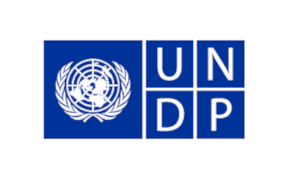The United Nations Development Programme (UNDP) is dedicated to ending poverty, as well as reducing inequalities and exclusions throughout the world. UNDP is dedicated to helping countries develop policies, leadership skills, partnering abilities, institutional capabilities and build resilience to sustain development results. UNDP promotes sustainable agricultural practices which supports small scale farmer and allow equal access to land, technology and markets.
Projects
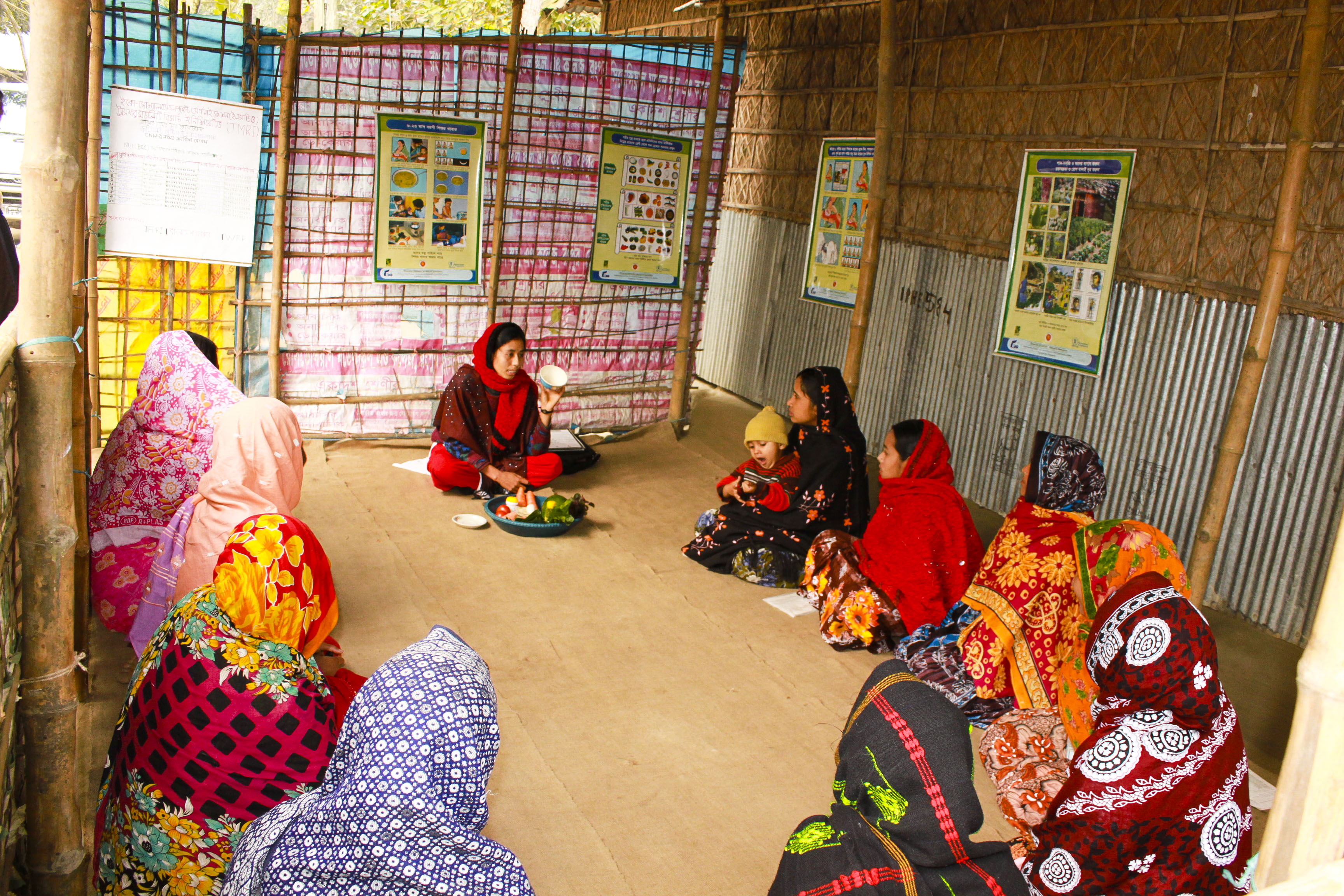
Transfer Modality Research Initiative (TMRI)
From 2012 to 2014, IFPRI partnered with the World Food Programme on a two-year pilot safety net program – the Transfer Modality Research Initiative (TMRI)……
Publications
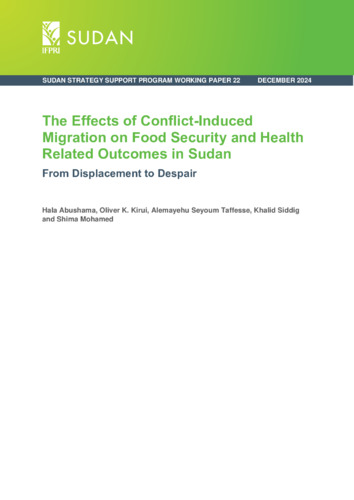
Working Paper
The effects of conflict-induced migration on food security and health related outcomes in Sudan: From displacement to despair
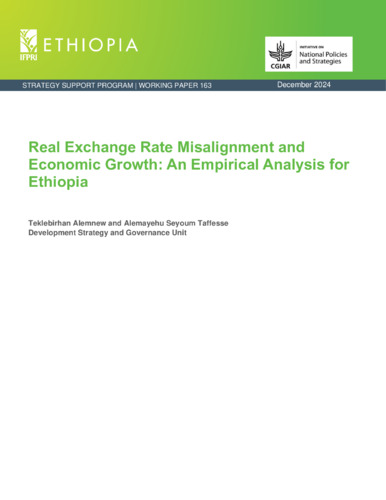
Working Paper
Real exchange rate misalignment and economic growth: An empirical analysis for Ethiopia
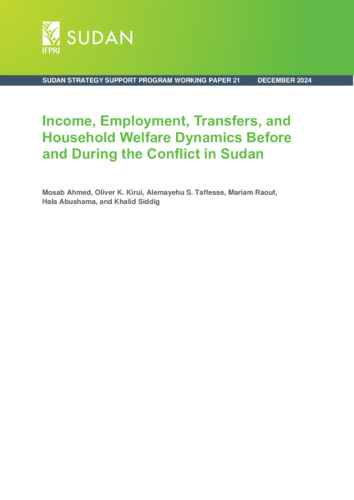
Working Paper
Income, employment, transfers, and household welfare dynamics before and during the conflict in Sudan
Events
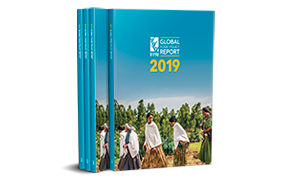
LAUNCH EVENT: 2019 Global Food Policy Report
IFPRI’s flagship report reviews the major food policy issues, developments, and decisions of 2018, and considers challenges and opportunities for 2019 at the global and regional levels. Rural people around the world continue to struggle with food insecurity, persistent poverty and inequality, and environmental degradation. This year’s Global Food Policy Report highlights the urgency […]
Blogs
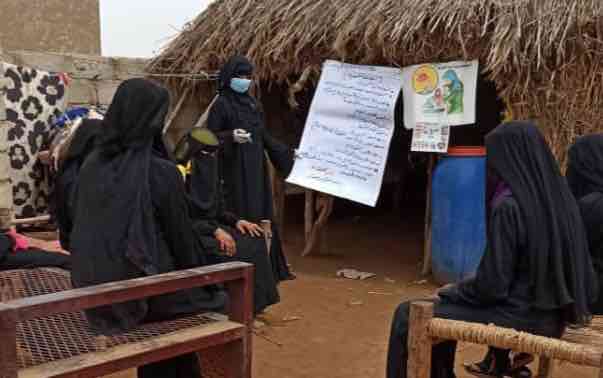
Behavior change communication in conflict zones: Program leads to improved breastfeeding and water treatment practices in Yemen
Nutritional training sessions combined with cash transfers yield positive results.
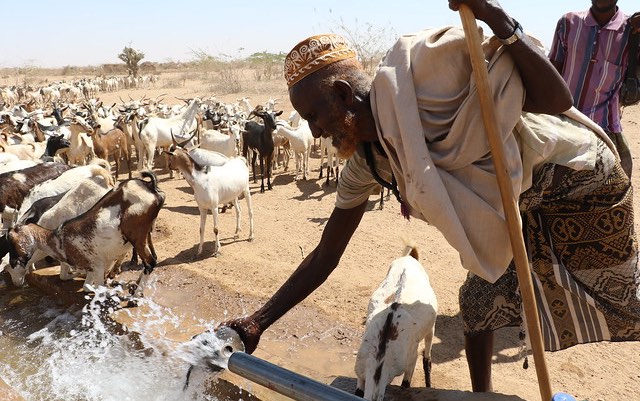
How we can protect the world’s most vulnerable countries against climate shocks
Research in Ethiopia shows that resilience measures can blunt the impact of drought and other climate-driven disasters.
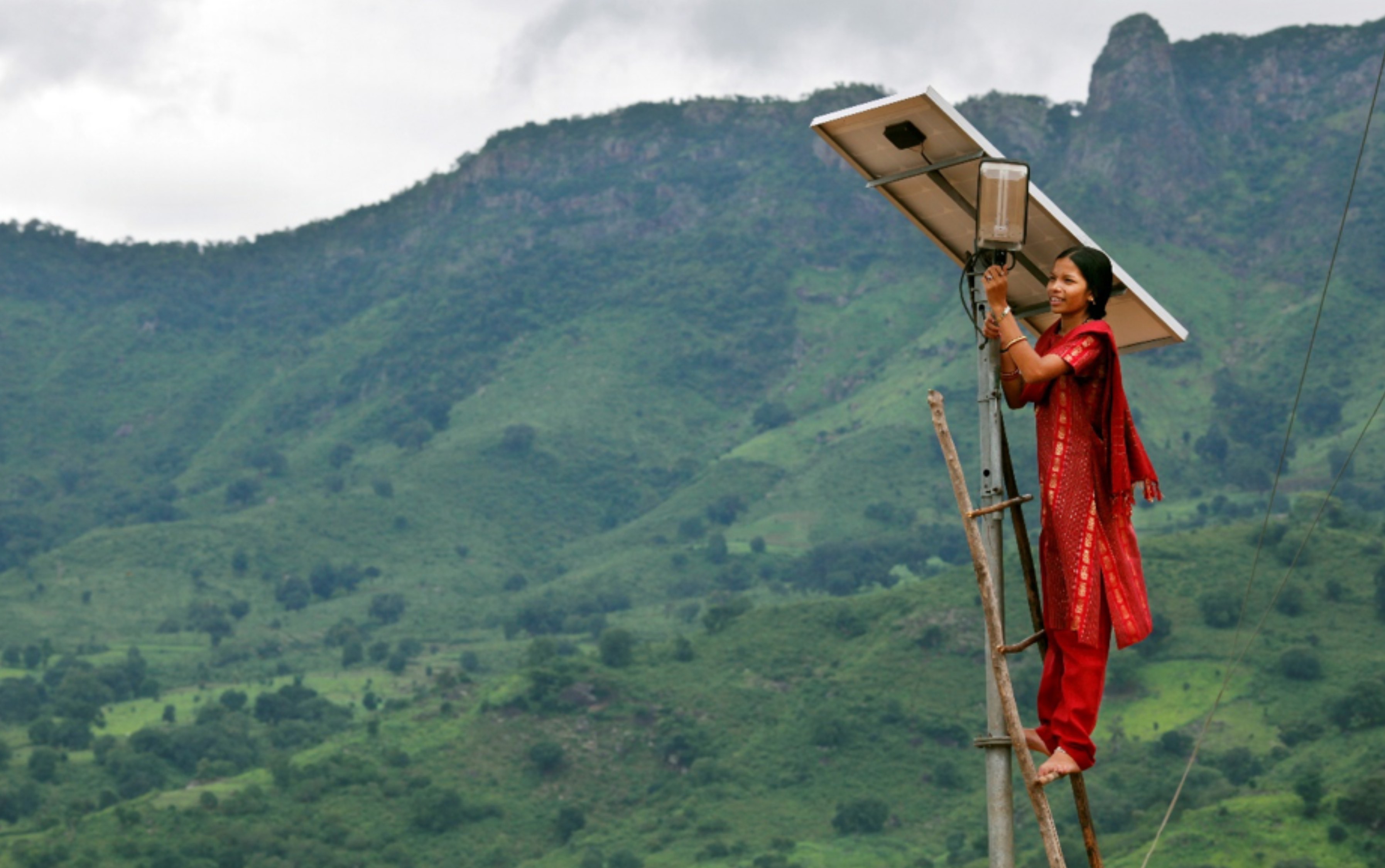
A global rural crisis: Rural revitalization is the solution
Time for a dramatic, system-wide transformation to make rural areas more productive, sustainable, climate-resilient, healthy, and attractive places to live.





